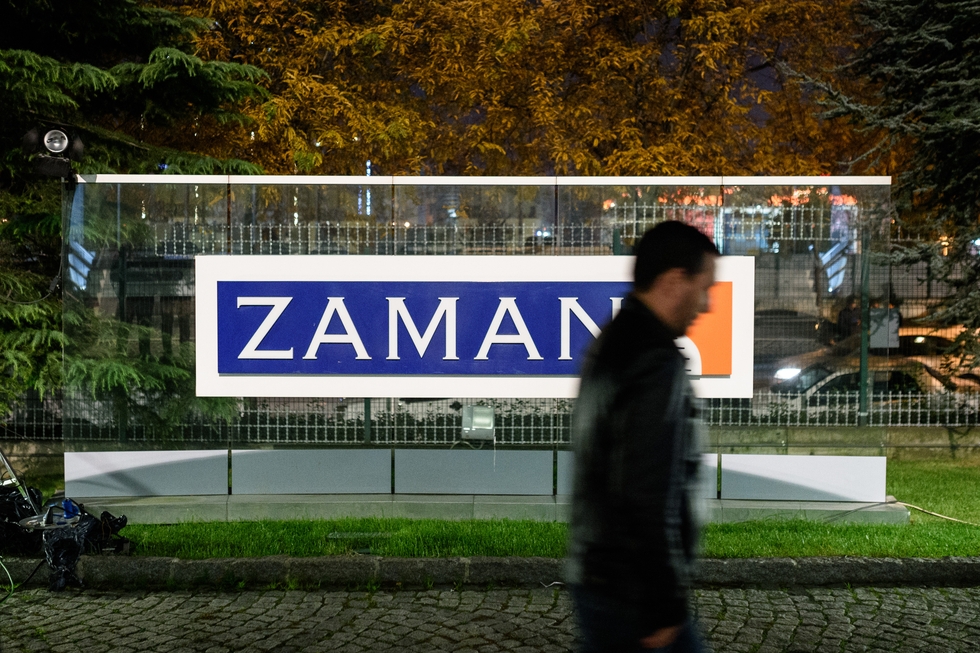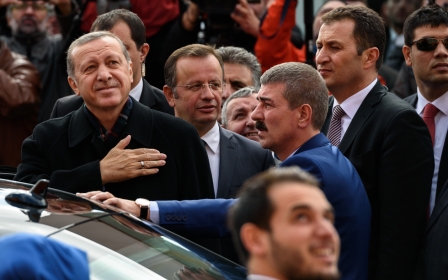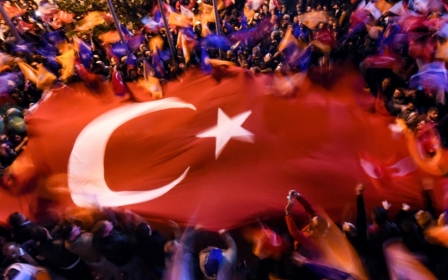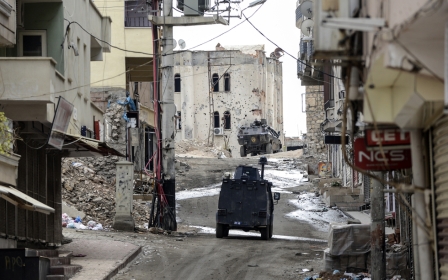Turkey's election board confirms AKP win

Turkey’s election board on Thursday confirmed the landslide win for President Recep Tayyib Erdogan’s Justice and Development Party (AKP) in the 1 November election.
The AKP secured 317 seats in the 550-member parliament, winning back the majority it lost in a June election in defiance of opinion polls that had predicted another hung parliament.
It won almost half of the vote, with turnout among Turkey’s 54-million strong electorate at 85 percent.
But support for the pro-Kurdish Peoples' Democratic Party (HDP) and the Nationalist Movement Party (MHP) slumped, according to results announced by Sadi Guven, chairman of the Higher Election Board.
The HDP - which scored a historic breakthrough in June by becoming the first party representing Turkey's largest minority to enter parliament - won 59 seats, down from 80 five months ago. MHP won 40 seats, only half of the number it obtained in June.
That results mean the AKP, which has ruled Turkey since 2002, will again be able to form a single-party government.
The number of AKP seats falls short of the 367 needed to change the basic law and endow Erdogan with full-executive powers, but he has suggested he could go to the people in a referendum on the issue.
Erdogan’s opponents fear that he is becoming increasingly autocratic, with the latest crackdown on Thursday targeting the offices of a leading opposition paper linked to the president’s rival, Fethullah Gulen.
Gulen, who is now based in the US and runs a network of religious schools, charities and companies, has been charged with “terrorism” and plotting to overthrow the government.
The 74-year-old preacher was once a significant supporter of AKP but has now become Erdogan’s greatest enemy.
The Istanbul offices of Zaman paper, which is linked to Gulen, were searched by police officers and lawyers on Wednesday night as riot police armed with water cannons were stationed outside.
Zaman said the raid, which followed a similar operation against opposition television stations last month, was a "threat to the free media" and called it “shameful”.
In a hard-hitting report this week, the European Union highlighted "serious shortcomings" in Turkey that affected the independence of the judiciary and freedom of expression.
New MEE newsletter: Jerusalem Dispatch
Sign up to get the latest insights and analysis on Israel-Palestine, alongside Turkey Unpacked and other MEE newsletters
Middle East Eye delivers independent and unrivalled coverage and analysis of the Middle East, North Africa and beyond. To learn more about republishing this content and the associated fees, please fill out this form. More about MEE can be found here.




